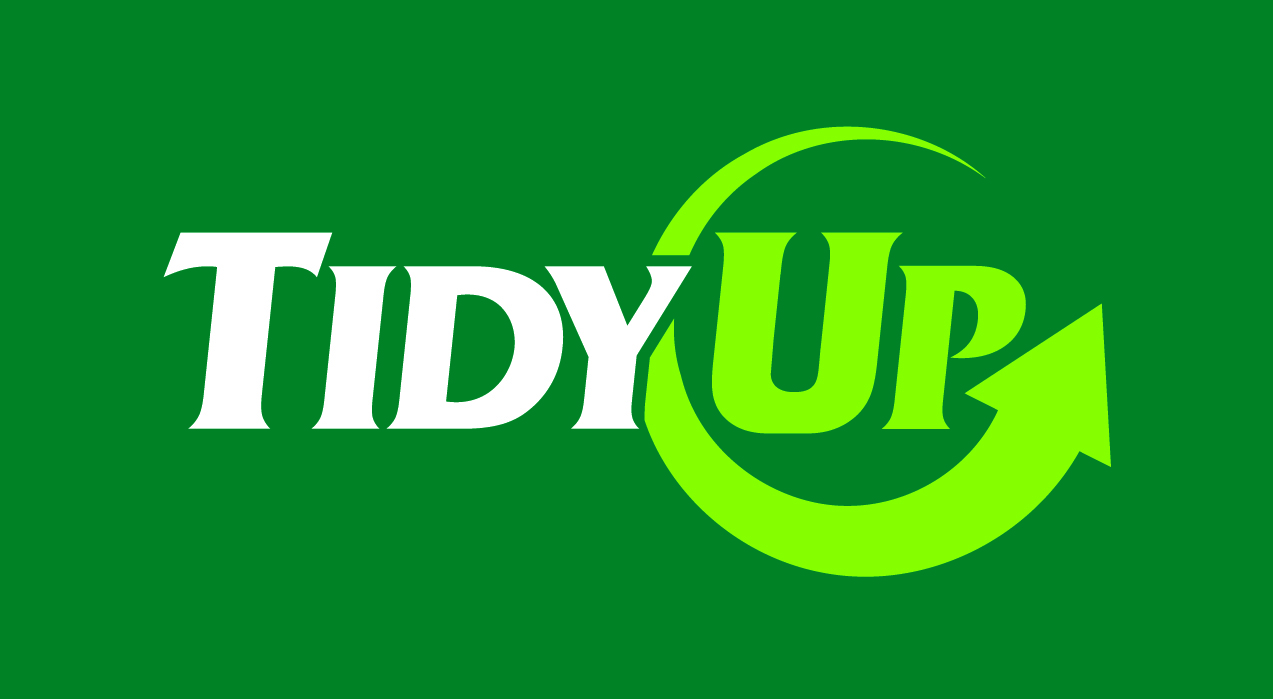

Tidy Up

September 2023
Other transport equipment
Service with Significant Environmental Footprint
Australia
Tidy Up is a local West Australian, family-owned business Their mission is to help create a world without waste by employing and empowering capable people and matching them with modern, purpose-built trucks and equipment. This gives them the ability to transport and manage material in a highly sustainable manner. A wide range of junk, furniture, office and electronic waste and other items are transported to recyclers across Perth that Tidy Up has developed longstanding relationships with, as well as to its own Salvage Store where a loyal following of customers curiously hunt for treasures to reuse and repurpose, while feeding into our circular economy. Team Tidy works across the Government, corporate, commercial, not for profit, and domestic sectors. The business model is designed to assist people who are unable to place a large container/bin on their property due to space (or other) restrictions, or people who do not have the resources required to fill the container/bin themselves. Often both these symptoms apply! Tidy Up is deeply committed to sustainability, accountability, transparency, and continuous improvement. The company is currently on a strong growth trajectory, putting their people and purpose ahead of profit.
Overall B Impact Score
Governance 15.2
Governance evaluates a company's overall mission, engagement around its social/environmental impact, ethics, and transparency. This section also evaluates the ability of a company to protect their mission and formally consider stakeholders in decision making through their corporate structure (e.g. benefit corporation) or corporate governing documents.
What is this? A company with an Impact Business Model is intentionally designed to create a specific positive outcome for one of its stakeholders - such as workers, community, environment, or customers.
Workers 22.3
Workers evaluates a company’s contributions to its employees’ financial security, health & safety, wellness, career development, and engagement & satisfaction. In addition, this section recognizes business models designed to benefit workers, such as companies that are at least 40% owned by non-executive employees and those that have workforce development programs to support individuals with barriers to employment.
Community 30.3
Community evaluates a company’s engagement with and impact on the communities in which it operates, hires from, and sources from. Topics include diversity, equity & inclusion, economic impact, civic engagement, charitable giving, and supply chain management. In addition, this section recognizes business models that are designed to address specific community-oriented problems, such as poverty alleviation through fair trade sourcing or distribution via microenterprises, producer cooperative models, locally focused economic development, and formal charitable giving commitments.
What is this? A company with an Impact Business Model is intentionally designed to create a specific positive outcome for one of its stakeholders - such as workers, community, environment, or customers.
Environment 41.6
Environment evaluates a company’s overall environmental management practices as well as its impact on the air, climate, water, land, and biodiversity. This includes the direct impact of a company’s operations and, when applicable its supply chain and distribution channels. This section also recognizes companies with environmentally innovative production processes and those that sell products or services that have a positive environmental impact. Some examples might include products and services that create renewable energy, reduce consumption or waste, conserve land or wildlife, provide less toxic alternatives to the market, or educate people about environmental problems.
What is this? A company with an Impact Business Model is intentionally designed to create a specific positive outcome for one of its stakeholders - such as workers, community, environment, or customers.
Customers 1.7
Customers evaluates a company’s stewardship of its customers through the quality of its products and services, ethical marketing, data privacy and security, and feedback channels. In addition, this section recognizes products or services that are designed to address a particular social problem for or through its customers, such as health or educational products, arts & media products, serving underserved customers/clients, and services that improve the social impact of other businesses or organizations.